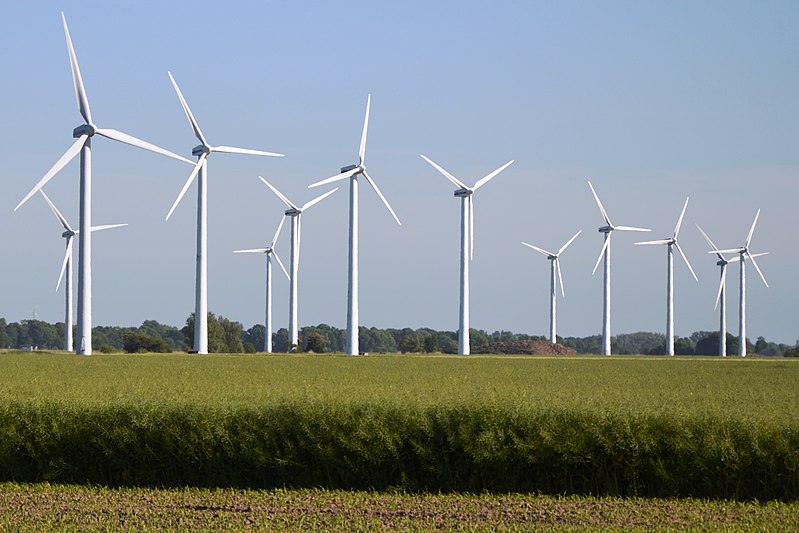
State-owned energy supplier, SPP, has recently announced plans to build two wind park projects in Slovakia. This announcement suggests that Slovakia is reconsidering its stance on investing
in wind parks, even amidst the ongoing energy crisis and concerns from activists, as the benefits of renewable energy are becoming more apparent.
Historically, the construction of wind turbines in Slovakia has been met with opposition from those who argue that they disrupt the natural landscape and their supply is uneven. However, the ongoing energy crisis and the need to reduce dependence on Russian energy sources have led to a change in attitudes.
SPP has announced the construction of the first major wind park in western Slovakia near the city of Piešťany, with a capacity of 50 megawatts and an estimated cost of €63 million. The energy company has also announced plans for another wind farm project in the Záhorie region near the Czech and Austrian borders. However, the announcement of the latter project has caused concern among local citizens, who have planned blockades and protests.
The Mayor of Radošovce, Iveta Matúšová, has reassured citizens that the plans for wind turbines near their village are still in the early stages and that no promises or consent have been given by the municipality. Nevertheless, SPP has already received informal approval from nearby villages for the construction of the big wind park project.
It is predicted that Slovakia will need to have wind parks with a total capacity of at least 500 megawatts by 2030 in order to meet its renewable energy targets. This has led several private investors to also explore investment opportunities in wind power plants.
The shift towards renewable energy sources such as wind power is a global trend that is gaining momentum. As more countries and regions invest in renewable energy, the costs of these technologies are decreasing, making them increasingly competitive with traditional fossil fuel sources. Furthermore, the benefits of renewable energy are becoming more apparent, including lower carbon emissions and improved energy security.
While the construction of wind turbines may still face opposition in Slovakia, the recent announcement by SPP suggests that the benefits of renewable energy are becoming more widely recognized. As the country seeks to reduce its dependence on Russian energy sources and meet its renewable energy targets, wind power may play an increasingly important role in Slovakia's energy mix. Photo by Spielvogel, Wikimedia commons.

































